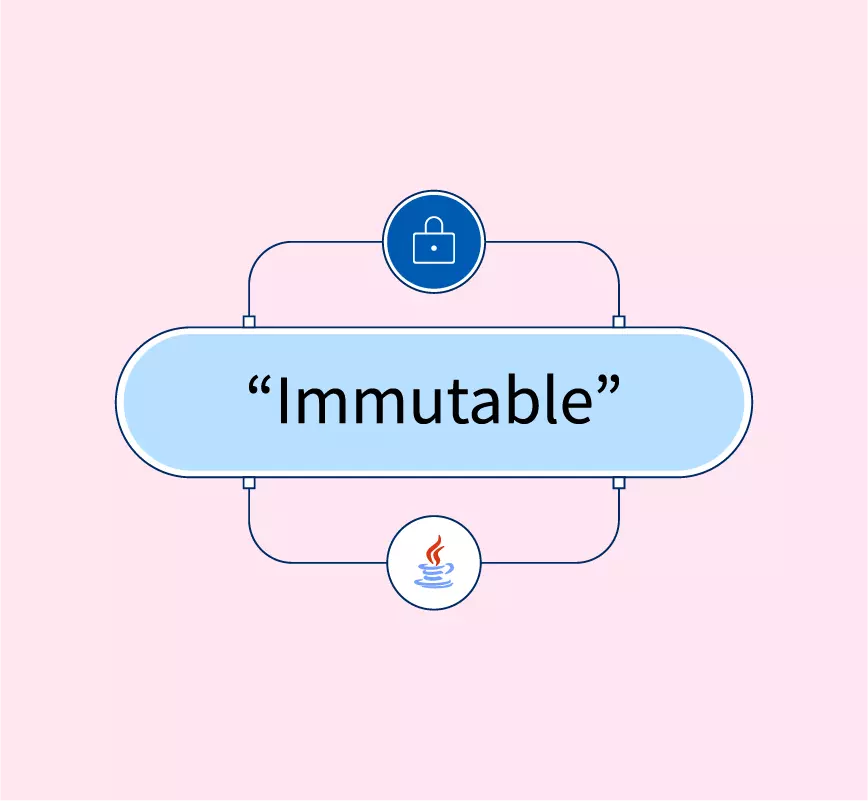Why Are Strings Immutable in Java? Comprehensive Guide for Beginners
Why Are Strings Immutable in Java? Comprehensive Guide for Beginners
Blog Article
What Is Immutable Strings and Just How It Functions
In the realm of programming, comprehending the principle of immutable strings is critical for producing robust and secure applications. Unalterable strings refer to strings that can not be changed after they are developed, making certain data stability and predictability within the code.
The Basics of Immutable Strings
Unalterable strings, as a fundamental idea in programming, are character sequences that can not be altered once they are produced. This indicates that once a string is assigned a worth, that worth can not be changed. In languages like Python and Java, strings are unalterable things, bring about various ramifications in regards to memory management and information honesty.
Among the key advantages of immutable strings is that they provide a complacency in data adjustment. Since the content of an immutable string can not be modified, it ensures that the original information remains undamaged, lowering the threat of unexpected modifications during program implementation (Why are strings immutable in Java?). This residential property also simplifies debugging processes, as developers can trust that when a string is specified, its worth will certainly not be unintentionally modified
When a brand-new string is created based on an existing one, rather than changing the initial string, the new value is saved individually. In general, recognizing the essentials of immutable strings is important for mastering shows concepts and maximizing code effectiveness.
Benefits of Unalterable Strings
Structure upon the security and performance benefits of unalterable strings, their advantages encompass improving code reliability and streamlining simultaneous programs jobs. By being unalterable, strings can not be customized after creation, which eliminates the threat of unintentional modifications in the information they save. This fundamental immutability ensures that once a string is produced, its value stays consistent throughout the program's implementation, lowering the chances of bugs brought on by unexpected changes.
Additionally, immutable strings add to code reliability by making it simpler to reason regarding the state of a program. Considering that strings can not be changed, designers can trust that a string will always hold the same value, simplifying debugging and maintenance initiatives. This predictability causes much more reputable and secure codebases.

Execution in Programs Languages
Within various programs languages, the consolidation of immutable strings is a fundamental element that influences just how information is managed and adjusted within code structures. The execution of unalterable strings varies throughout various programming languages, with each language offering its own systems to support this concept.

On the other hand, languages like C and C++ do not have integrated assistance for unalterable strings. Developers in these languages need to manually carry out immutability by imposing regulations within their code to avoid straight alterations to string items.
Best Practices for Working With Unalterable Strings
When handling immutable strings in shows languages like Java and Python, sticking to ideal practices makes sure safe and effective data control. Among the vital best methods is to utilize StringBuilder or StringBuffer as opposed to directly adjusting strings, especially when dealing with substantial concatenation operations. These courses give mutable options for string manipulation, helping to stay clear of unnecessary memory allotments and improving efficiency.
Another best technique is to make use of string interpolation or formatting works supplied by the language rather than manual concatenation. This not only boosts readability yet additionally aids in avoiding common challenges such as unintended string adjustments. Additionally, when collaborating with sensitive information such as passwords or API secrets, it is crucial to prevent storing them as simple message in immutable strings. Making use of secure storage systems like char selections or specialized collections for dealing with delicate details assists minimize security risks related to unalterable strings.
Real-world Applications and Examples
Discovering functional applications of immutable strings in numerous industries reveals their significant effect on information stability and system integrity. In the healthcare field, immutable strings play a vital duty in making certain the security and discretion of patient information. By protecting against unauthorized adjustments to delicate info such as medical documents and prescriptions, unalterable strings help preserve conformity with strict personal privacy laws like click here to read HIPAA.
Banks also gain from the immutable nature of strings to improve the safety of client information and deal documents. Immutable strings aid stop fraud and unapproved modifications to financial details, giving a durable defense versus cyber risks and ensuring the trust fund and confidence of clients.

Verdict
Best techniques for functioning with immutable strings include preventing straight alterations and making use of approaches that return brand-new string things. Real-world applications of immutable strings include data encryption, caching, and string control tasks.
Unalterable strings refer to strings that can not be changed after they are created, guaranteeing information honesty and predictability within the code. When a new string is developed based on an existing one, rather than modifying the original string, the brand-new worth is saved individually.In languages like Java and Python, strings are unalterable by default, indicating that as soon as a string object is developed, its value can not be changed - Why are strings immutable in Java?. Ideal techniques for working with immutable strings include preventing direct alterations and utilizing methods that return brand-new string items. Real-world applications of unalterable strings consist of data security, caching, and string manipulation tasks
Report this page